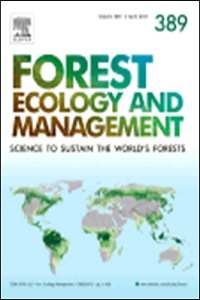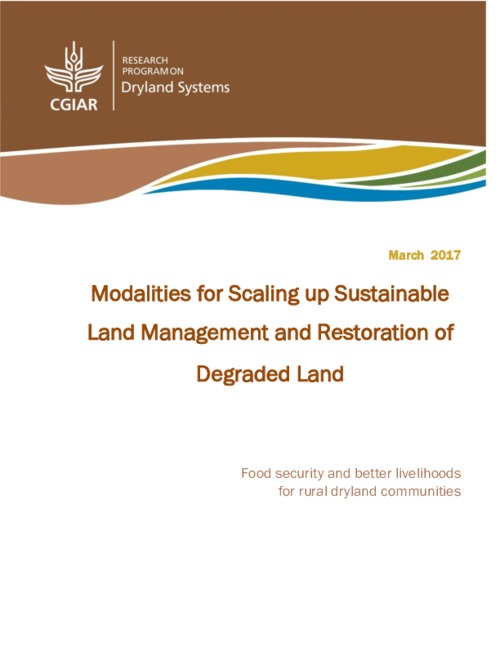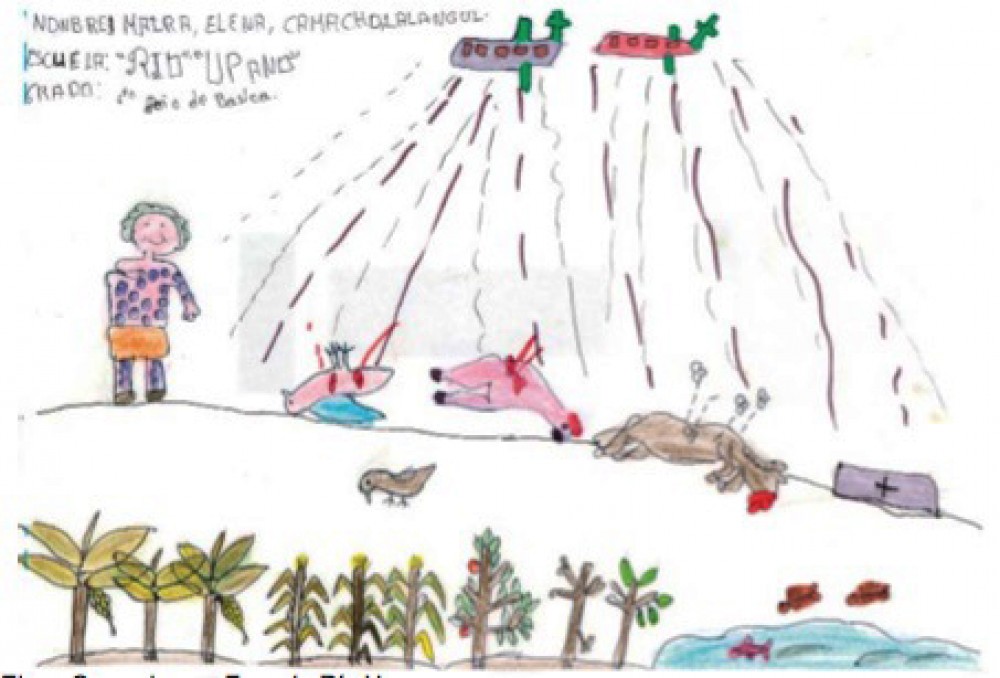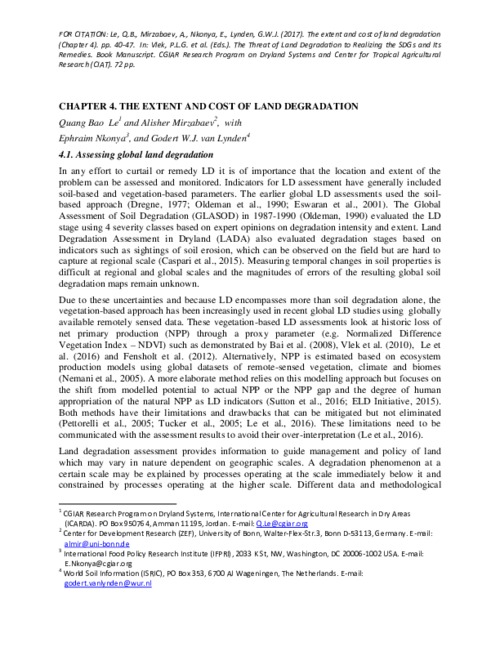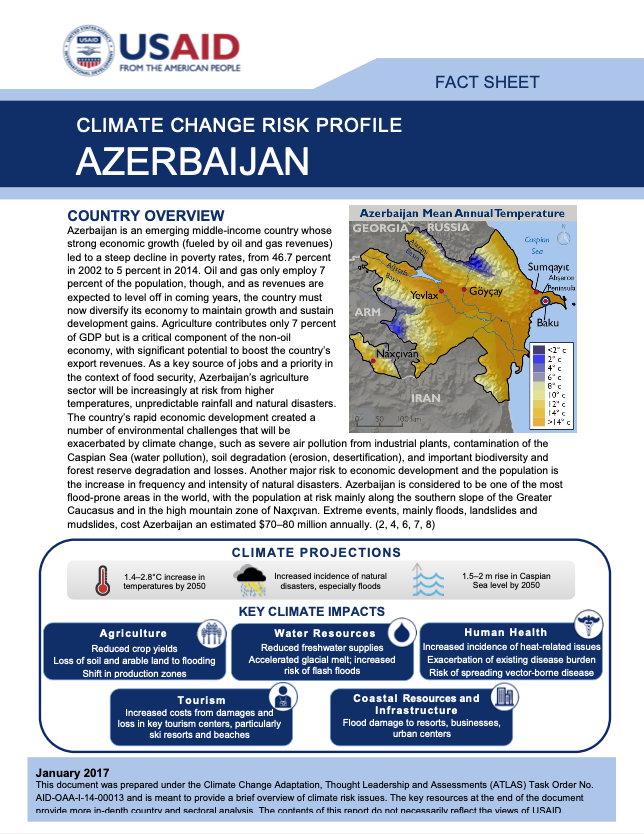Introduction of the workshop program: Systems Tool-aided Participatory Development of Sustainable Land Management Scenarios (French Version)
This presentation introduced the program of the workshop "Systems Tool-aided Participatory Development of Sustainable Land Management Scenarios: 2nd Workshop", held in Zaghouan on 14-15 March 2017. This activity is under the output "User-friendly, interoperable online tool, containing country-specific, accessible knowledge base of standardized, geo-referenced SLM, to enable stakeholders to query SLM options in different context" of the GIZ funded project “Impact evaluation of SLM options to achieve land degradation neutrality”.



